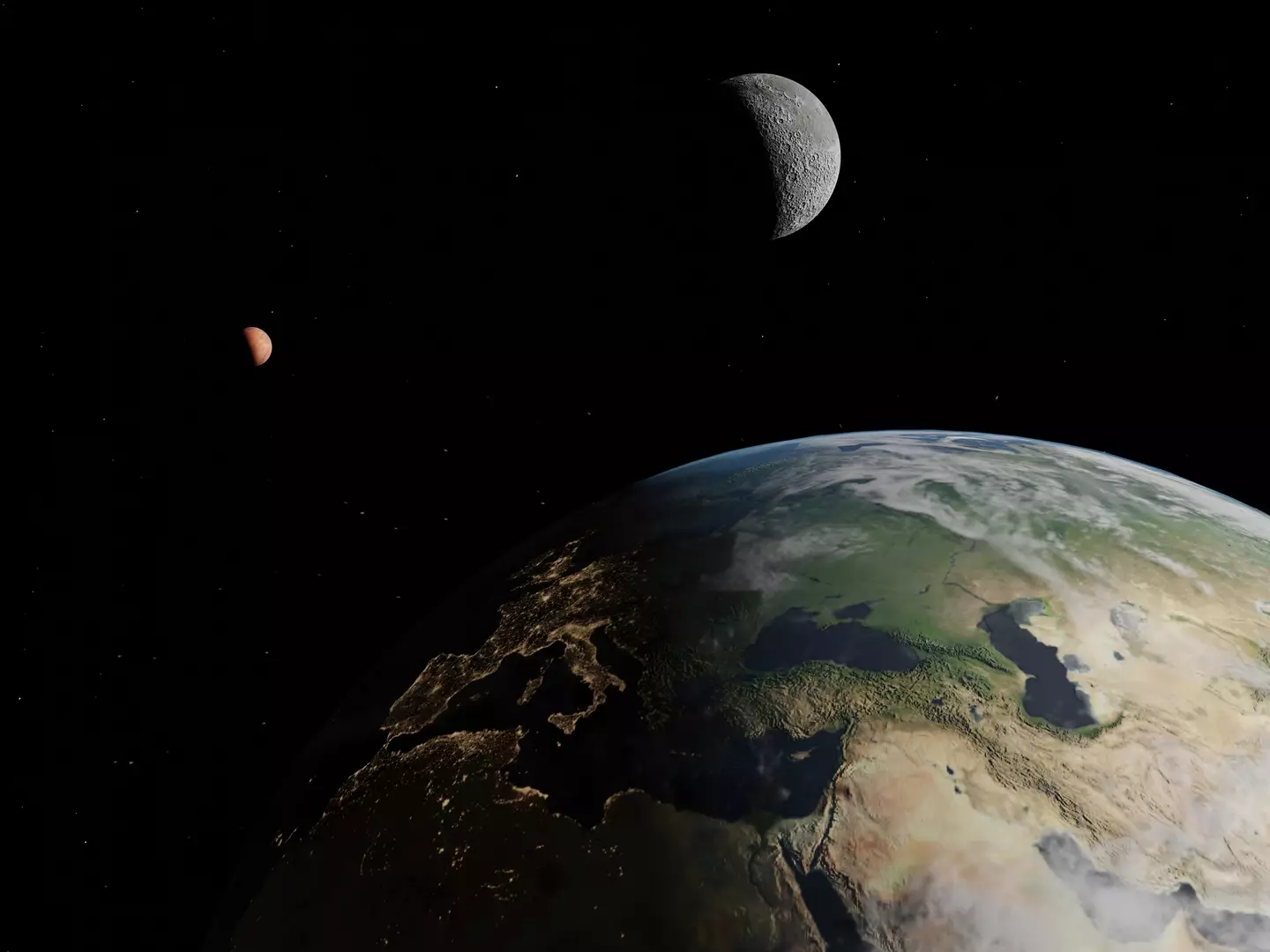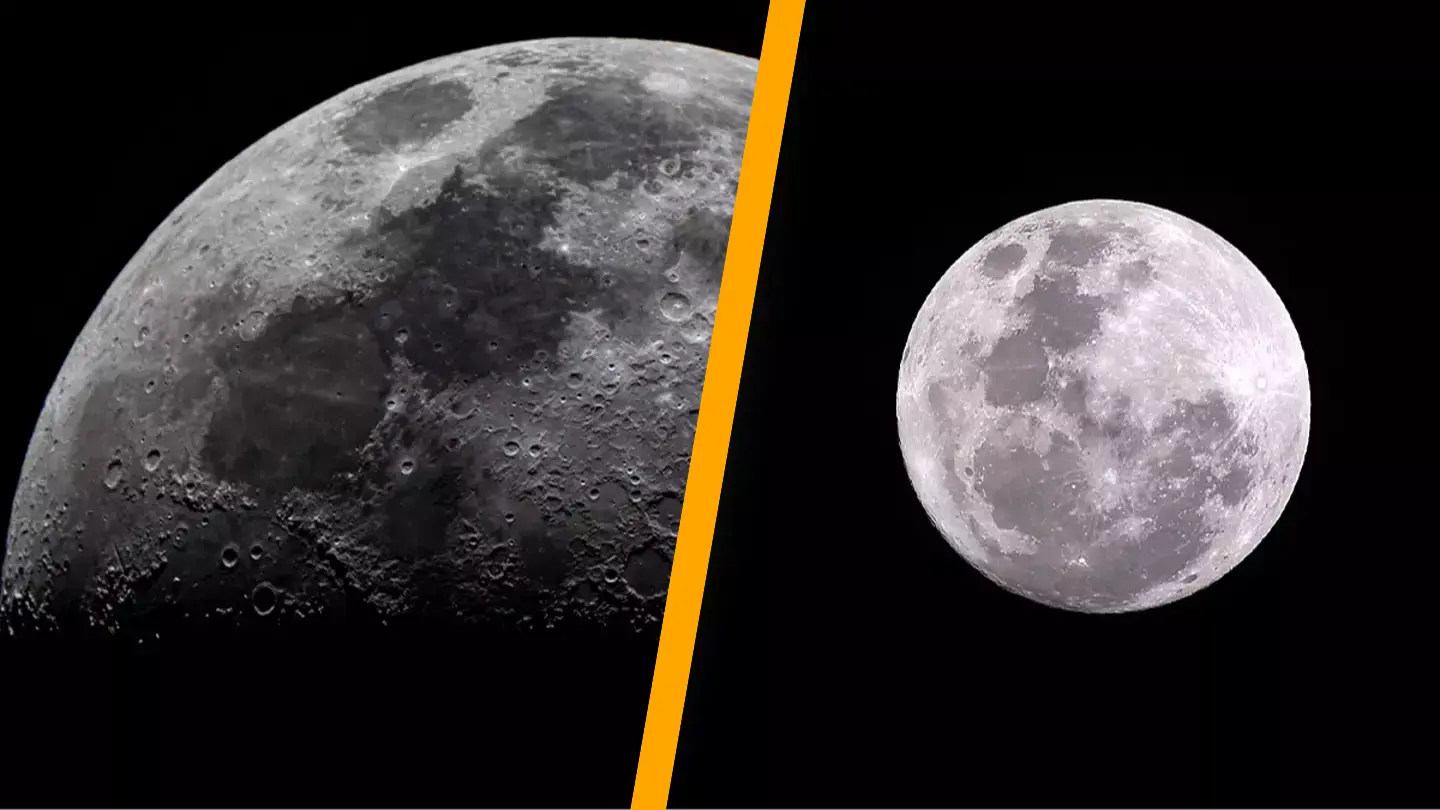Today, I learned something new: the distance between the Moon and Earth actually affects time.
Even though the Moon is more than 384,000 kilometers away from us, it still significantly influences our daily lives.
The gravity of the Moon pulls on the Earth, and it’s believed that this gravitational interaction helps keep our planet stable by moderating ‘the degree of wobble in Earth’s axial tilt’.
In addition to preventing us from excessive wobbling, the distance of the Moon from Earth also affects our concept of time.
Researchers have discovered that as the Moon gradually drifts away, the length of days on Earth is increasing.
About 1.4 billion years ago, a day on Earth is thought to have been just 18 hours long.
“As the Moon moves away, the Earth is like a spinning figure skater who slows down as they stretch their arms out,” stated Professor Stephen Meyers of the University of Wisconsin-Madison, co-author of a study published in 2018.

“One of our ambitions was to use Astrochronology to tell time in the most distant past, to develop very ancient geological time scales,” he added. “We want to be able to study rocks that are billions of years old in a way that is comparable to how we study modern geologic processes.”
For those unfamiliar with Astrochronology, it is the method used to connect astronomical theory with geological observations.
Previously, Professor Meyers and his team explored Earth’s past to reconstruct what they believe the solar system looked like in earlier times.
The team examined sediments from a rock formation that is 90 million years old, which reportedly helped them identify Earth’s climate cycles.

From their research, we have learned that the Moon is moving away from Earth at a pace of 1.5 inches (3.81 centimeters) annually.
Scientists also surmise that once the Moon was so close that the gravitational forces from Earth could have torn it apart.
Professor Alberto Malinvero, another co-author of the study, expressed his enthusiasm by saying: “It was exciting because, in a way, you dream of this all the time; I was a solution looking for a problem.”
However, it’s crucial to acknowledge that scientists estimate the Moon’s age to be 4.5 billion years, suggesting that some calculations could be imprecise.

